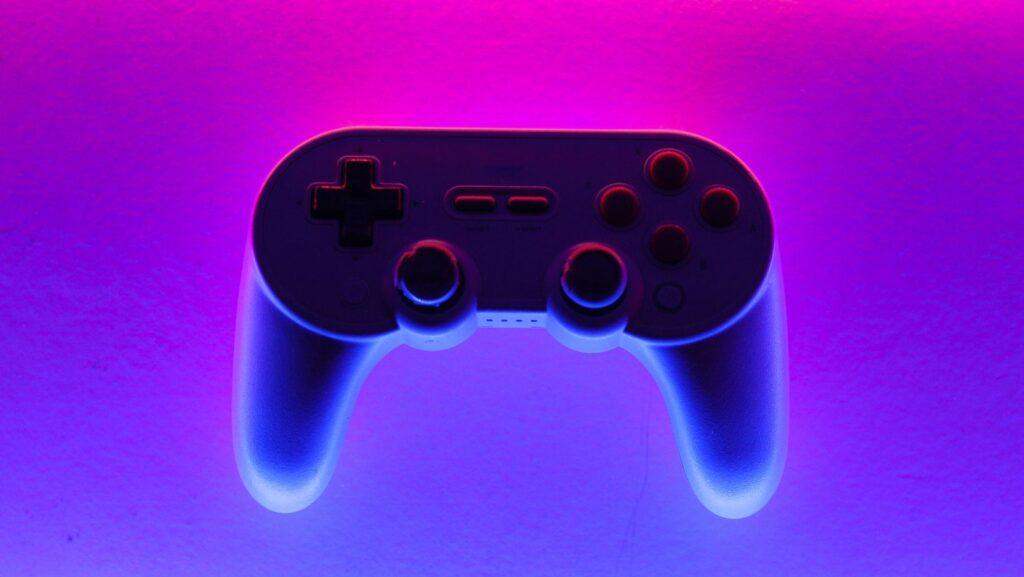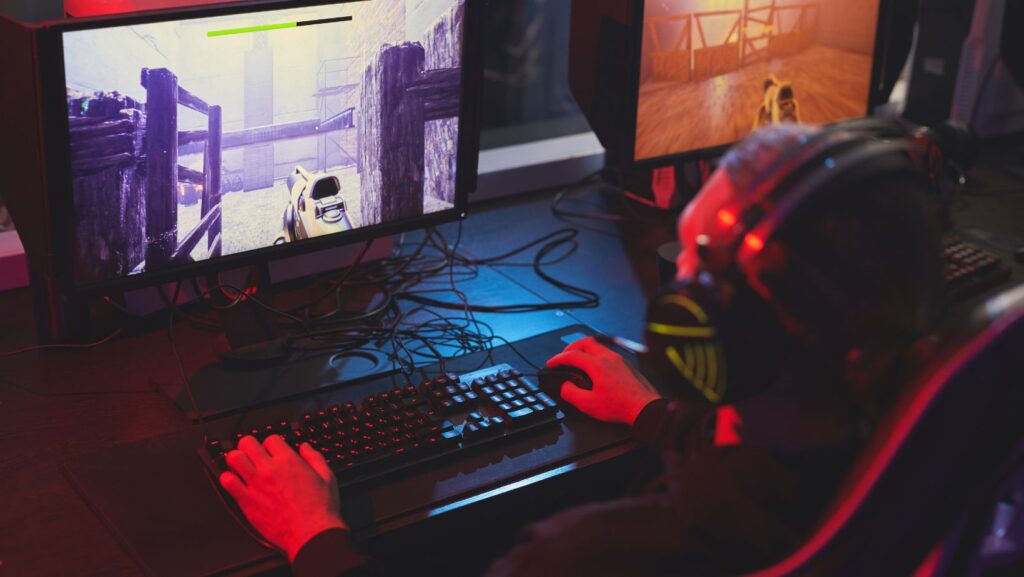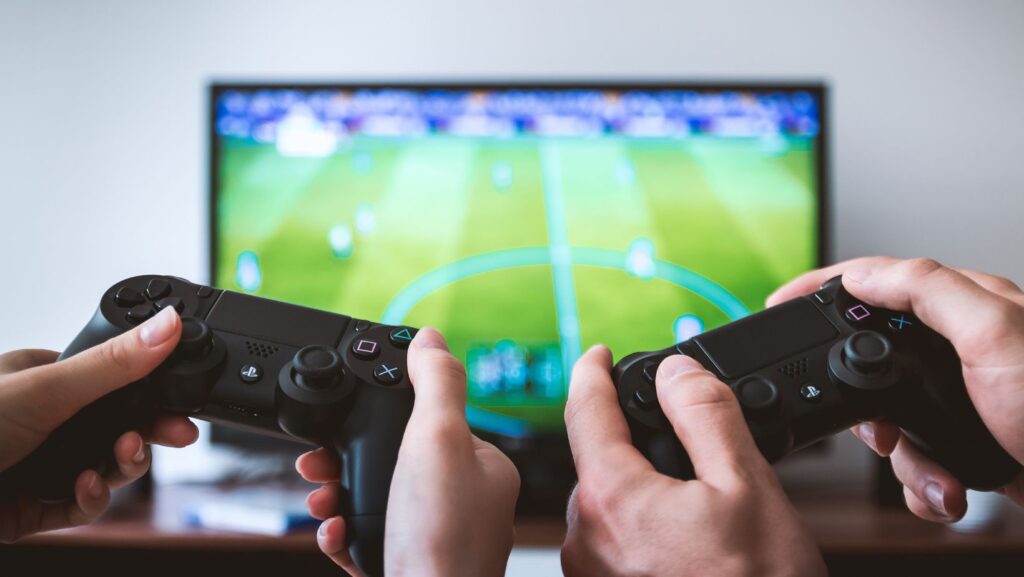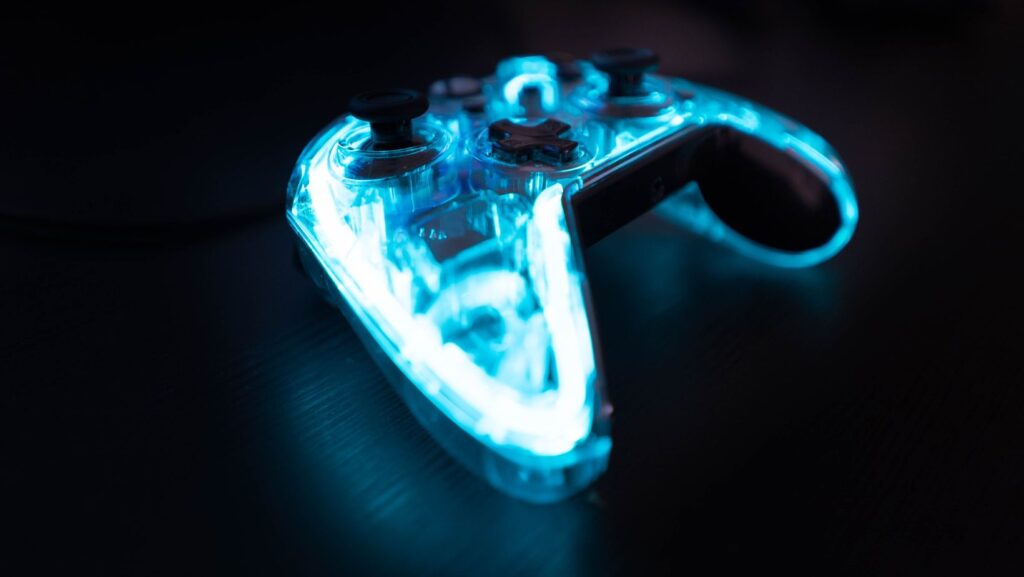Gaming is a Lifestyle
As an avid gamer, I’ve always viewed gaming is a lifestyle as more than just a hobby. It’s a lifestyle that encompasses creativity, strategy, and social interaction. For many enthusiasts like myself, gaming isn’t merely a pastime; it’s a passion that influences how we spend our time and connect with others.

In today’s digital age, the line between virtual reality and real life continues to blur. Gaming has evolved into a multi-billion dollar industry, shaping entertainment trends and even influencing fashion, music, and art. The immersive experiences offered by modern games have transformed them into powerful mediums for storytelling and escapism.
From competitive esports to casual mobile gaming is a lifestyle, there’s a vast spectrum of ways in which people engage with games. The diverse community surrounding gaming fosters friendships, sparks debates, and creates opportunities for self-expression. As I delve deeper into this dynamic world, I continually discover new facets of gaming that reinforce my belief that it truly is a lifestyle unlike any other.
The Evolution of Gaming as a Lifestyle
In the past few decades, GAMING HAS TRANSFORMED FROM A SIMPLE FORM OF ENTERTAINMENT INTO A FULL-FLEDGED LIFESTYLE for millions around the globe. The evolution of gaming as a lifestyle has been A FASCINATING JOURNEY marked by technological advancements, shifting societal perceptions, and the rise of competitive gaming.

Technological Advancements
With each passing year, TECHNOLOGICAL ADVANCEMENTS in gaming hardware and software have pushed boundaries and redefined what is possible in the gaming world. From pixelated graphics and basic gameplay to lifelike visuals, immersive virtual reality experiences, and complex storytelling, technology has played a pivotal role in shaping how gamers interact with their favorite titles.
Shifting Societal Perceptions
Gone are the days when gaming was seen as just a hobby for kids or teenagers. Today, people of all ages and backgrounds embrace gaming as a legitimate form of entertainment and self-expression. The societal shift towards accepting gaming as a mainstream activity has paved the way for individuals to proudly integrate their passion for games into their daily lives.
Rise of Competitive Gaming
The RISE OF ESPORTS AND COMPETITIVE GAMING has propelled gaming beyond casual play into the realm of professional sports. With massive tournaments, lucrative sponsorships, and dedicated fan bases, competitive gaming has provided gamers with opportunities to showcase their skills on a global stage while solidifying gaming’s status as a serious career path.
As we reflect on THE EVOLUTION OF GAMING AS A LIFESTYLE, it becomes evident that this cultural phenomenon is not merely about playing games but about forging connections, fostering creativity, and pushing the boundaries of what it means to be a gamer in today’s digital age.
Social Connections and Community Building in Gaming
When delving into the world of gaming, one cannot overlook the profound impact it has on SOCIAL CONNECTIONS and COMMUNITY BUILDING. Gamers, whether casual or hardcore, often find themselves forming bonds with others that transcend virtual boundaries. These connections are built on shared interests, collaboration in gameplay, and mutual support within online communities.

In many multiplayer games, players rely on each other to achieve common goals, fostering a sense of camaraderie and teamwork. This collaborative spirit not only enhances the gaming experience but also strengthens interpersonal relationships outside the game environment. Whether it’s strategizing in a raid or competing as a team in an esports tournament, gamers learn to communicate effectively and work together towards success.
Gaming communities serve as hubs where individuals from diverse backgrounds come together to share experiences, exchange tips and tricks, and celebrate achievements. These spaces provide a sense of belonging and acceptance for many players who may feel marginalized in other aspects of their lives. From forums to social media groups dedicated to specific games, these platforms enable gamers to connect with like-minded individuals worldwide.
Moreover, studies have shown that active participation in gaming communities can have positive effects on mental health by reducing feelings of isolation and fostering a sense of belonging. The supportive nature of these communities offers emotional reassurance and encouragement during both triumphs and challenges faced by players. Through shared experiences and interactions within these groups, individuals develop lasting friendships that extend beyond the confines of gaming itself.

